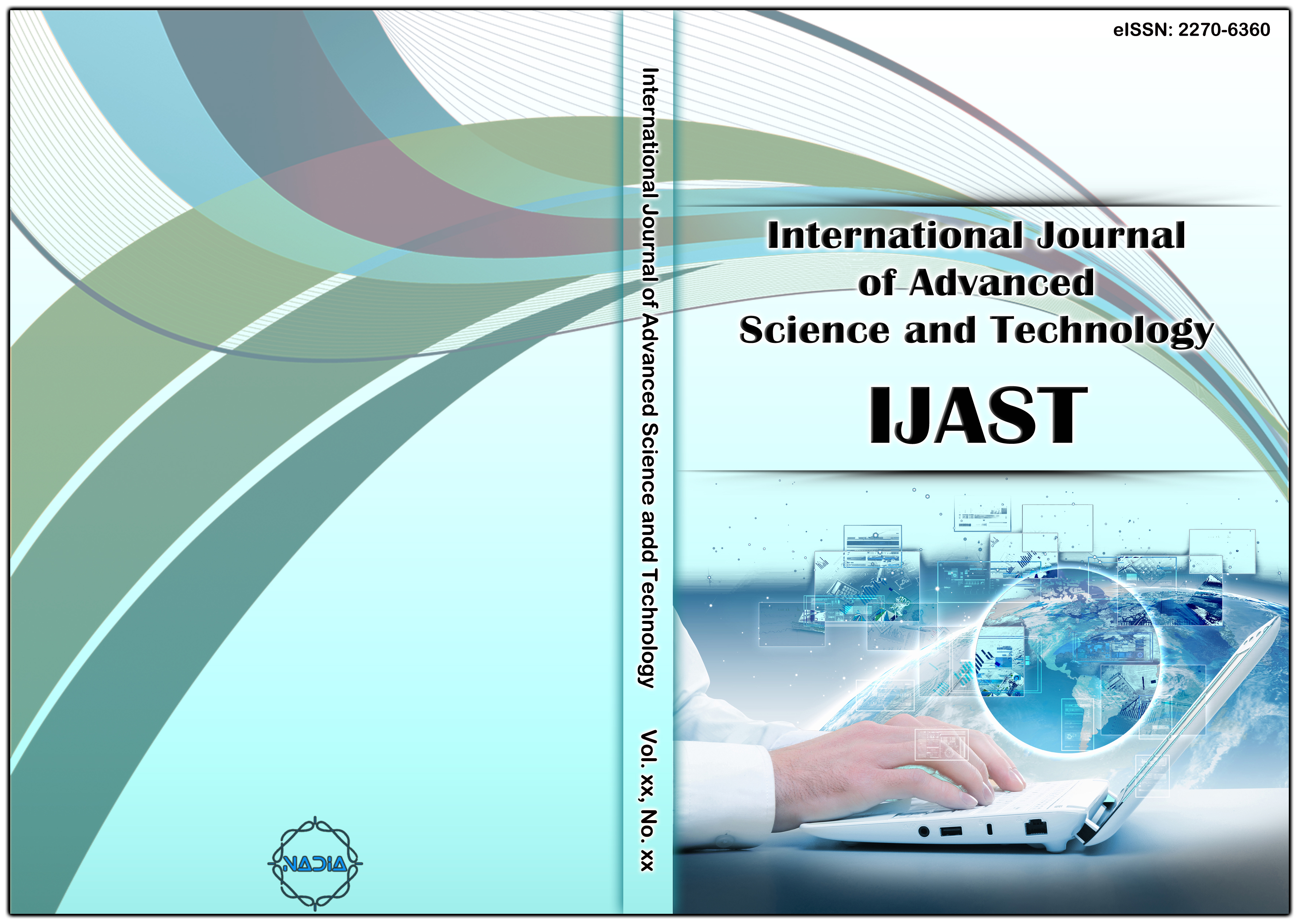[1] Schweinberger, K., "Effects of feedback on process features of school quality: A longitudinal study on teachers’ reception of school inspection of Swiss compulsory schools", Studies in Educational Evaluation, 55, (2017): 75-82.
[2] Chandukala, S.R., J.P. Dotson, and Q. Liu, "An Assessment of When, Where and Under What Conditions In-Store Sampling is Most Effective", Journal of Retailing, 93(4), (2017): 493-506.
[3] Conley, S., D.E. Muncey, and S. You, "Standards-based evaluation and teacher career satisfaction: A structural equation modeling analysis". Journal of Personnel Evaluation in Education, 18(1), (2005): 39-65.
[4] Aghabozorgi, S., "An approachable analytical study on big educational data mining". International Conference on Computational Science and Its Applications, (2014): 721-737.
[5] Dutt, A., M.A. Ismail, and T. Herawan, "A Systematic Review on Educational Data Mining". IEEE Access, (2017).
[6] Suhirman, S., "Data Mining for Education Decision Support: A Review". International Journal of Emerging Technologies in Learning (iJET), 9(6), (2014): 4-19.
[7] Abdullah, Z., "Mining significant association rules from educational data using critical relative support approach". Procedia-Social and Behavioral Sciences, 28, (2011): 97-101.
[8] Brighouse, Tim, and David Woods. How to improve your school. Routledge, (2005).
[9] Hagenson, Lara, and Kathryn Castle, "The integration of technology into teaching by university college of education faculty", Society for Information Technology & Teacher Education International Conference. Association for the Advancement of Computing in Education (AACE), (2003).
[10] Kyriazi, T., "Using technology to introduce frequent assessments for effective learning: Registering student perceptions", Procedia-Social and Behavioral Sciences,197, (2015): 570-576.
[11] Franklin, N. and P. Melville, "Competency assessment tools: An exploration of the pedagogical issues facing competency assessment for nurses in the clinical environment", Collegian, 22(1), (2015): 25-31.
[12] Brookhart, S.M. and A.J. Nitko, "Assessment and grading in classrooms", Prentice Hall, (2008).
[13] Döş, İ., "Some Model Suggestions for Measuring Effective Schools", Procedia-Social and Behavioral Sciences, 116, (2014): 1454-1458.
[14] Dunham, Jack, "Developing effective school management", Routledge, (2003).
[15] Lee, K.W., D.H. Kim, and H.K. Lee, "Is the Meister Vocational High School more cost-effective?", International Journal of Educational Development, 51, (2016): 84-95.
[16] Taylor, Barbara O., "Case Studies in Effective Schools Research", (1990).
[17] Cheong Cheng, Y., "Teacher leadership style: A classroom-level study", Journal of Educational Administration, 32(3), (1994): 54-71.
[18] Reyes-Garcia, V., "Schooling, Local Knowledge and Working Memory", PLoS One, (2016).
[19] Wang, T.-Y. and F.-J. Hsieh, "Taiwanese high school students’ perspectives on effective mathematics teaching behaviors", Studies in Educational Evaluation, 55, (2017): 35-45.
[20] Pedder, D., "School Policies and Practices to Support Effective Classroom Assessment for Learning".
[21] Bartram, D. and R.A. Roe, "Definition and Assessment of Competences in the Context of the European Diploma in Psychology", European psychologist, 10(2), (2005): 93.
[22] Badrun, K. and D. Mardapi, "Pelatihan Pengembangan Penilaian Hasil Belajar pada Implementasi Kurikulum 2013 bagi Guru SMPN 3 Wonosari Kabupaten Gunung Kidul", LPPM Universitas Negeri Yogyakarta, (2014).
[23] Tola, B., "Effective School Evaluation Model: A Development Study", Journalof Modern Education Review, (2014): 679.
[24] Zvoch, K. and M. C. Robertson, "Multivariate summer school effects", Studies in Educational Evaluation, (2017): 145-152.
[25] Bank, W., "Indonesia: Education in Indonesia, from Crisis to Recovery". Washington, DC: World Bank, (1998).
[26] Meiboudi, H., "Creating an integrative assessment system for green schools in Iran". Journal of Cleaner Production, 119, (2016): 236-246.
[27] Murgatroyd, Stephen J., and Colin Morgan, "Total quality management and the school", Open University, (1993).
[28] Blake, A. and J. McNally, "Becoming an Effective Science Teacher".
[29] Derqui, B. and V. Fernandez, "The opportunity of tracking food waste in school canteens: Guidelines for self-assessment", Waste Management, 69, (2017): 431-444.
[30] Jónsson, Í. R., K. Smith, and G. Geirsdóttir, "Shared language of feedback and assessment. Perception of teachers and students in three Icelandic secondary schools", Studies in Educational Evaluation, 56, (2018): 52-58.
[31] Satori, D., "Masalah Mutu Pendidikan", Makalah bahan diskusi pendidikan bersama Kepala Sekolah dan Guru-guru di YP-PGII pada tanggal, 11, (1995).
[32] Rice, E. H., "The collaboration process in professional development schools: Results of a meta-ethnography, 1990-1998", Journal of Teacher Education, 53(1), (2002): 55-67.
[33] Malakolunthu, S. and S. K. Hoon, "Teacher perspectives of school-based assessment in a secondary school in Kuala Lumpur", Procedia-Social and Behavioral Sciences, 9, (2010): 1170-1176.
[34] Chryssolouris, G., D. Mavrikios, and L. Rentzos, "The Teaching Factory: A Manufacturing Education Paradigm", Procedia CIRP, 57, (2016): 44-48.
[35] Sando, K.R., "Assessment of SOAP Note Evaluation Tools in Colleges and Schools of Pharmacy", Currents in Pharmacy Teaching and Learning, 1(1), (2017).
